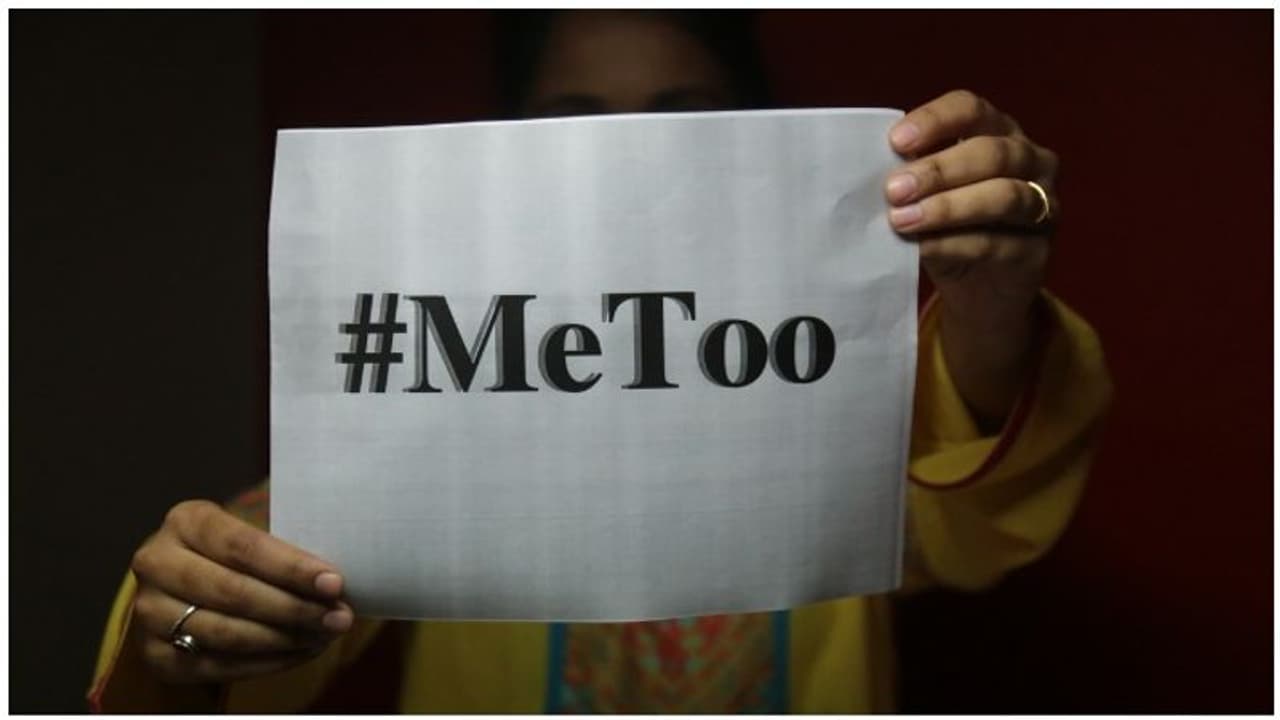A 2012 poll by Oxfam India found that the women most vulnerable to workplace harassment are labourers (29%), domestic workers (23%), and small-scale manufacturing unit workers (16%)
New Delhi: The #MeToo movement has taken over social media with women from all walks of life are coming out to share their stories of sexual harassment and to call out their perpetrators. The movement has thrown light on harassment of women at the workplace, and the movement is gender neutral – with both men and women saying that they suffer harassment at the hands of their employers.
However, while women at the workplace now have a space to voice their stories of abuse, the movement is slowly getting restricted to the urban, upper class.
Very little is being said about the rights of domestic workers in India – an unorganised workforce that is predominantly female. Migrants from rural India’s poverty-stricken regions who work in urban homes often fall prey to sexual harassment.
A 2012 poll by Oxfam India found that the women most vulnerable to workplace harassment are labourers (29%), domestic workers (23%), and small-scale manufacturing unit workers (16%).
Lakhs of women in the unorganised sector are oblivious of their right to a safe workplace.
The Sexual Harassment of Women at Workplace (Prevention, Prohibition and Redressal) Act, 2013 provides for local complaint committees at the district level for workers from the unorganised sector.
Most domestic workers are not aware of these rights or they do not know how to contact the concerned authorities.
